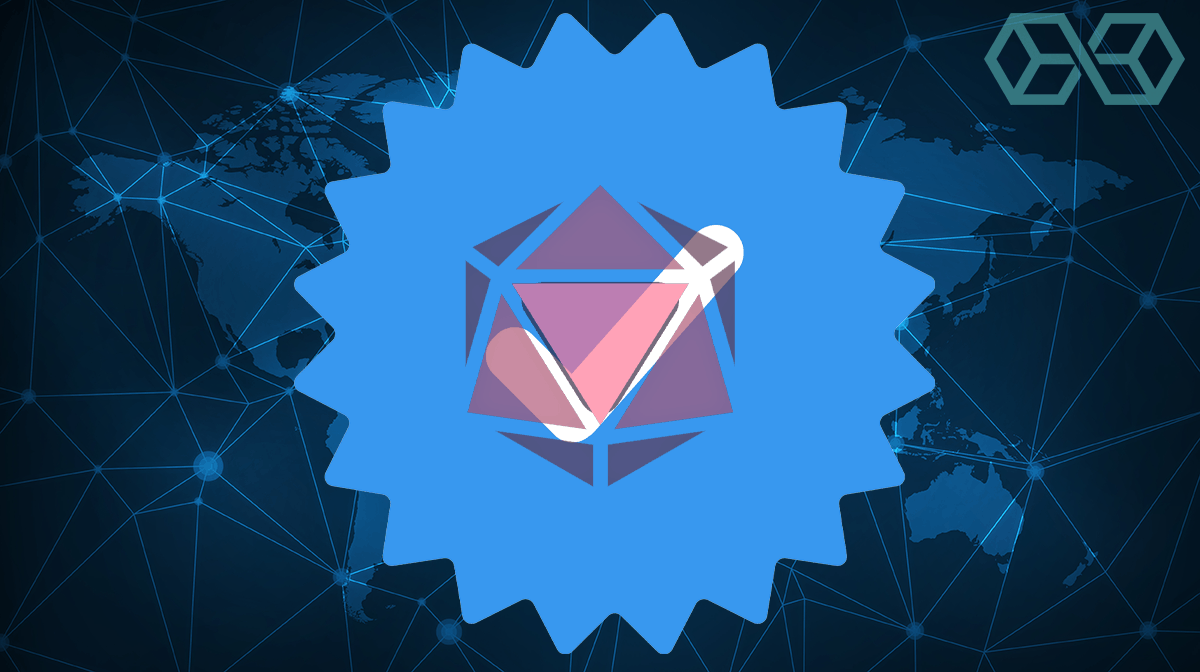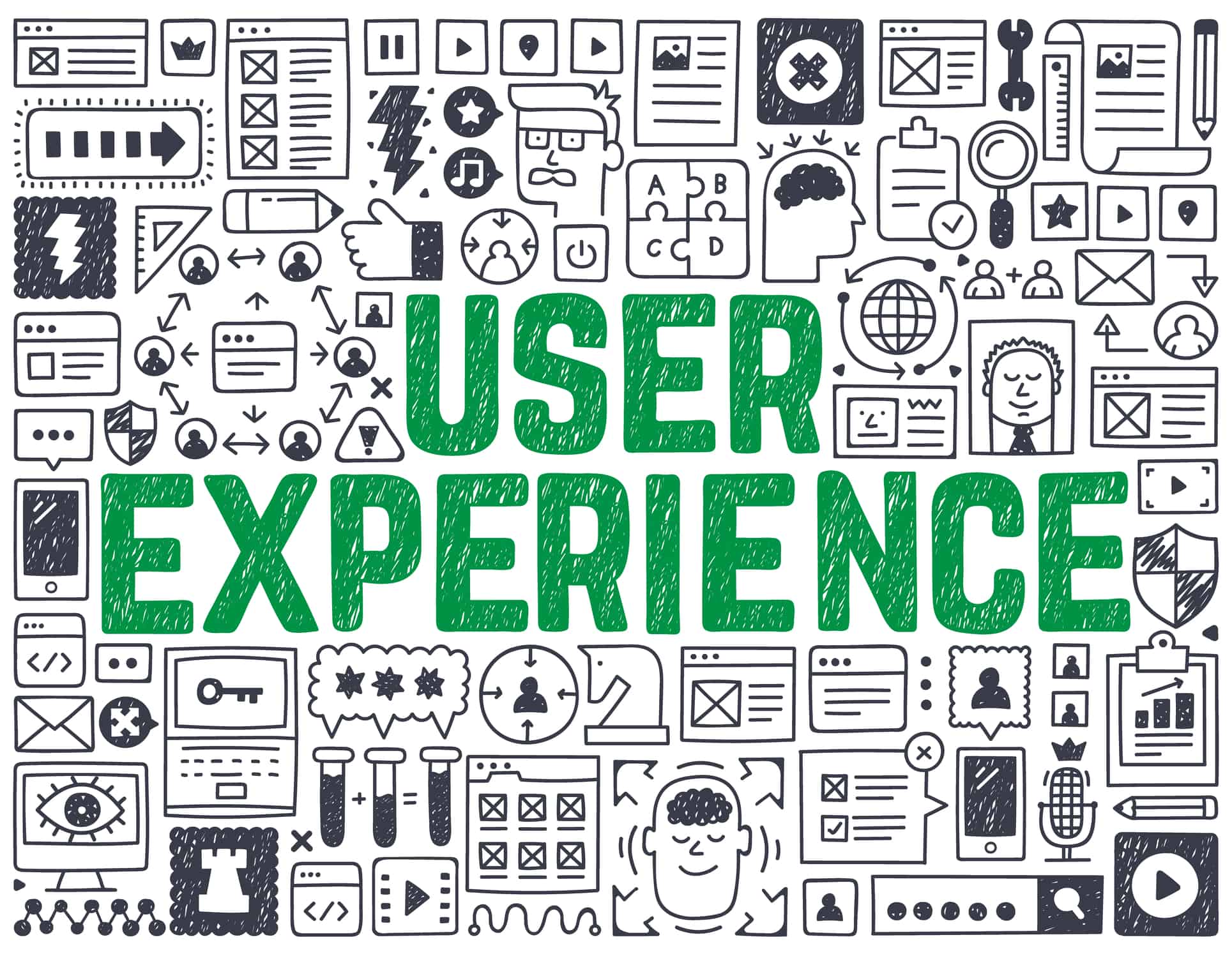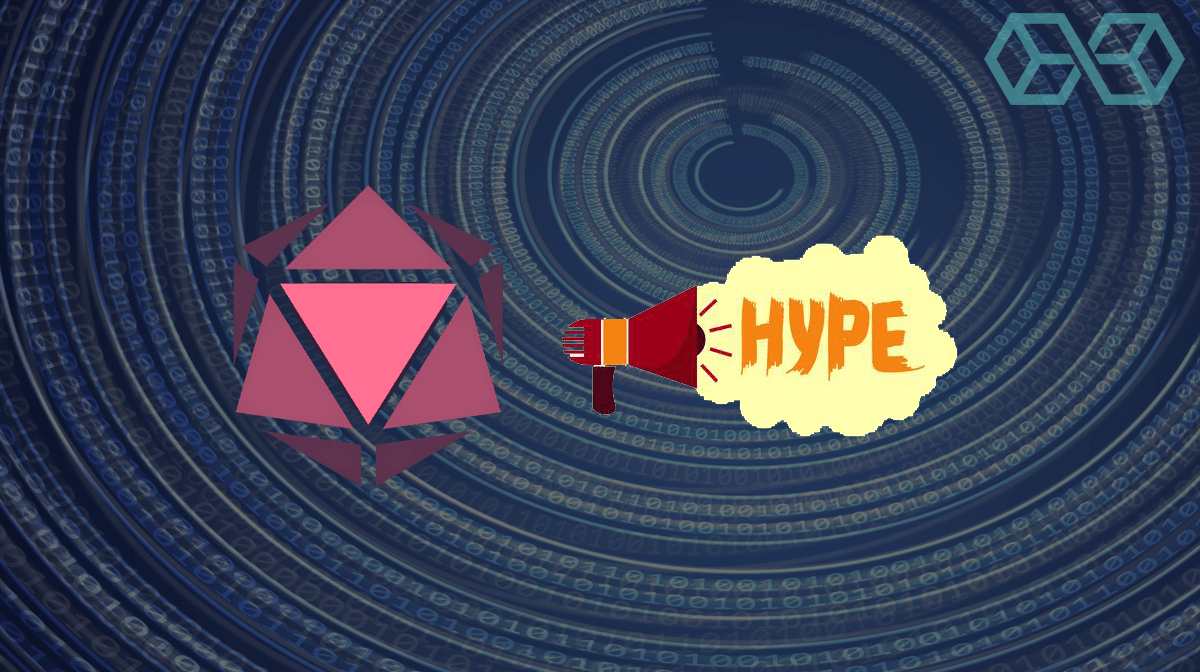In today’s gig economy, an easy though hardly lucrative way that people can make money through the Internet is via micro-tasks. Micro-tasks are the tiny tasks that go into a larger project, in this context they often refer to simple tasks such as image verification, writing product descriptions, extracting text content from an image and the like. Because these tasks are simple, the pay is often low, typically a few cents.

In the current environment, crowdsourcing platforms connect businesses with the micro-task workers, taking a fee off the top. The two most popular micro-task crowdsourcing platforms today are Amazon Mechanical Turk and CrowdFlower. In 2014, it was estimated that there were over half a million freelancers doing work on Amazon Mechanical Turk.
There is no doubt that this is a sizeable market. But the current crowdsourcing model has a few major problems; problems that Expand (Formerly called Gems) believes it can solve using its smart contracts on the Ethereum platform.
The Four Problems with the Current Crowdsourcing Model
In a nutshell, Expand aims to solve four main problems within the current crowdsourcing model: Fees, Participation, Payments, and Usability. Let’s take a look at each of the four issues in detail and see how Expand intends to solve them.
Problem #1: High Fees
Amazon Mechanical Turk charges requesters (the ones who need to have tasks done) 20% on the amount paid out to the workers. If you need top rated workers, that’ll cost you another 5%. If your task has more than ten assignments, that’s another 20%, resulting in fees as high as 40%. Crowdflower has an onboarding fee plus a monthly fee that runs into the thousands.

The problem with the high fee structure is that it artificially pushes down the demand for micro-tasks, hurting both the businesses and the freelancers. Without these fees, the micro-task market would be even larger than it is today.
Expand Solution: Zero fees. Only fees applicable would be the gas used by the Ethereum network.
Problem #2: Barriers to Participation
For such a low paid gig, the barriers to entry to become a micro-task worker on the major platforms are surprisingly high. It seems that supply exceeds demand at this point. Formal identification is required to participate in Amazon Mechanical Turk, while Crowdflower requires linking to your Facebook account. These requirements reduce participation, particularly from the developing world (where it may even be a decent living) and the privacy-inclined.

Expand Solution: No identity verification required to begin completing micro-tasks. Absent identity verification, Expand is instead using a staking and reputation mechanism to prevent malicious users and maintain quality control.
Expand staking mechanism works like this. Workers (called miners in Gems’ whitepaper) have to stake a small amount of Expand (XPN) tokens. This should be small enough to balance between discouraging malicious miners and not penalizing honest miners.
To confirm that tasks are performed correctly, there will also be verifiers. Requesters can choose whether to use verifiers for a select task. Verifiers will also have to stake XPN tokens.

Verifiers will be paid a reward that is anywhere from 10% to 100% of the miner’s reward, with a minimum amount of $0.20 equivalent in XPN tokens. At least two verifiers are needed to reach consensus. This verification system helps reduce the problem of redundancy; for instance, some requesters on Amazon Mechanical Turk supposedly have 5 to 15 workers perform the same task to reach consensus.
Expand’s reputation mechanism is a simple trust score linked to the Ethereum address. This score is used to indicate the reliability of a miner or requester and also influences required staking amounts. Miners with sufficiently high trust scores can also apply to become verifiers.
Problem #3: Limited Payment Options
This problem applies to the unbanked population. According to the World Bank, as of 2015, about 2 billion people did not have a bank account. This is a massive segment of the population, a segment that at present is unable to take advantage of current micro-task platforms, amongst other things. These people may have access to the Internet, but not suitable banking infrastructure.

Expand’s Solution: Quite obvious. Miners are paid via the ERC20 XPN token, which can be stored without a bank account. Of course, this raises the question of what the unbanked will do with the tokens, as they would probably lack access to crypto-fiat conversion options as well. But this is something that all blockchain projects claiming to ‘serve the unbanked’ have in common.
Problem #4: Difficult to Use Interfaces
Micro-task workers trend more toward the lower-skilled and lower-educated end of the spectrum. Hence, user interfaces on micro-task platforms must, or rather should, be accessible for those without high computer literacy. The Amazon Mechanical Turk interface is notorious for its poor user interface, with requesters often building their own interfaces. These poor user interfaces create inefficiencies and reduce the number of tasks completed over time.

Expand’s Solution: Open-sourced user interface and user experience. The Expand Network’s interfaces are known as Expand Modules will be open-sourced. This will allow anyone to be able to build their own module. Further, the Expand team will also work closely with early requesters to build the initial modules.
The Team behind Expand
The Expand website only lists its two co-founders, who appear to have met at Harvard. While one dropped out, both of them have quite impressive resumes. One is a Thiel fellow who earned a spot on Forbes ’30 under 30’ while another founded Gifs.com (the URL should be self-explanatory).
No word on the other members of the team, which isn’t a positive sign. The Expand website FAQ does note that it is hiring frontend and backend engineers.
Expand Development Status and Roadmap
Expand has already launched its alpha version on the Testnet, which you can find here, in January 2018. You’ll need MetaMask to use it, and you will be able to get a feel for the platform, including verification of work and withdrawal (not real XPN tokens, of course). The alpha version is only the frontend; the backend is still being developed.

Right now, the Expand team is focused on the token sale. After its completion, the next steps in the roadmap will be to put the Expand platform on MainNet, continue developing and iterating the modules, improving the protocols, and finishing the Jobs Creation API. All of this is targeted to be completed by the first quarter of 2018.
The Gems Token Sale – Cancelled After Red Flags Raised by Community
The original Gems token sale was supposed to happen on Jan 30, 2018, but it was canceled after the community raised several significant red flags. At the point of this writing, the new token sale date has yet to be announced by the Expand. The following equation can summarize the major red flags that were raised regarding the initial planned token sale.
Let’s break down Gems red flag equation.
Massive Hype
First, the Gems (now called Expand) project had an enormous amount of hype. Its Telegram group has almost reached the maximum number of 50k. And while Gems had a good idea, a lot of the hype came from something called the Gem Community Program.
The Gems Community Program (now closed) was basically ‘do some free marketing for Gems, and you’ll get a spot on our whitelist’. Users could earn their spot by writing a blog post about Gems, making a video about it, etc. At the time, the Gems team claimed to have received over 35,000 applications for this marketing, sorry, community program.

What ticked the community off was news that the Gems team weren’t as stringent about letting people into the whitelist as they made seem. One person claimed that after writing an insulting message about Gems, he was still accepted to the whitelist. Apparently, people who had done ‘real work’ to get into the whitelist weren’t thrilled to hear that.
But the bottom line is this; there was a tremendous amount of hype going into the initial planned ICO.
Dutch auction Structure
Second, the token sale announced to be a Dutch auction. In this kind of structure, the token price goes lower as bidding progresses, until equilibrium is reached. This structure is typically frowned upon by the crypto-community, but it’s not a problem in and of itself. But combine this with….
Time-Constrained Discounts
Like many ICOs, Gems had three contributor tiers, with each one receiving differing bonus levels ranging from 10% to 20%. What was unusual was that the Gems team made these discounts severely time-constrained. The discount periods were one hour for the highest tier, two hours for the second tier, and 20 hours for the lowest tier. Oh, and for the lowest tier with a discount period of 20 hours, the bonus also decreases every second, approximately 1% every two hours.

So what you have is a limited discount period designed to get people to invest as fast as possible with a Dutch auction structure where token prices start out at the highest. You can see why many in the community start calling this out as a cash grab. But wait, there’s more…
No Hard Cap
Because of the structure of a Dutch Auction, the hard cap of a token sale would start high and decrease over time. The initial hard cap is an unrealistically high figure that will never be reached. However, Gems set its initial hard cap at $18 trillion (!!) and based on its degradation formula (how the hard cap decreases over time), the Gems token sale had essentially no hard cap at all.
But the final nail in the coffin for Gems initial planned token sale was….
Team Keeping Majority of Tokens
The total supply of Gem tokens is 8 billion. A mere 2 billion was planned to be auctioned off at the token sale, with the remaining 6 billion to be kept by the Gems team. This was the biggest alarm bell for many people. With the team having 75% of the tokens, they could easily dump their tokens on the market post-ICO for a quick profit, to the detriment of the ICO investors.
Was Gems Planned ICO a Blatant Cash Grab and Immediate Dump?
Of course, there is and probably never will be, any conclusive evidence that Gems initial planned ICO was nothing more than a blatant cash grab by the team. But if it was, their plans failed as the community correctly identified and called out these red flags, leading to the so-far indefinite postponement of its ICO.
What are the Short Term and Long Term Potentials of Expand?
In the short term, it’s not looking good for Expand. The massive hype going into the Gems ICO has now turned sour, and unless the team can come up with an ICO structure that is fair to investors, the whole project may be dead in the water. The Expand team is now starting at a negative, and its ICO structure may now have to be biased toward the investors for it to succeed.

This is a shame because the Expand project has a good long-term concept. The micro-tasks segment of the gig economy is a sizeable one, and Expand has come up with an excellent way to improve on the current model using blockchain technology. Development also seems to be going well with a test version already released. But unless it can sort out its short-term problems quickly, all that long-term potential may be for naught.
What do you think of the Expand Network? How should it restructure its ICO, and will it be enough to overcome the negativity surrounding it now? Let us know your views in the comments below.

![A Beginner’s Guide to Monero – What Is XMR? [Updated 2023]](https://cd.blokt.com/wp-content/uploads/2019/04/Beginners-guide-to-Monero-2-218x150.png)

![Best 5 Bitcoin Sports Betting Sites [2023] (Analyzed & Approved) Best Bitcoin Betting Sites](https://cd.blokt.com/wp-content/uploads/2020/05/best-bitcoin-betting-sites-218x150.png)

